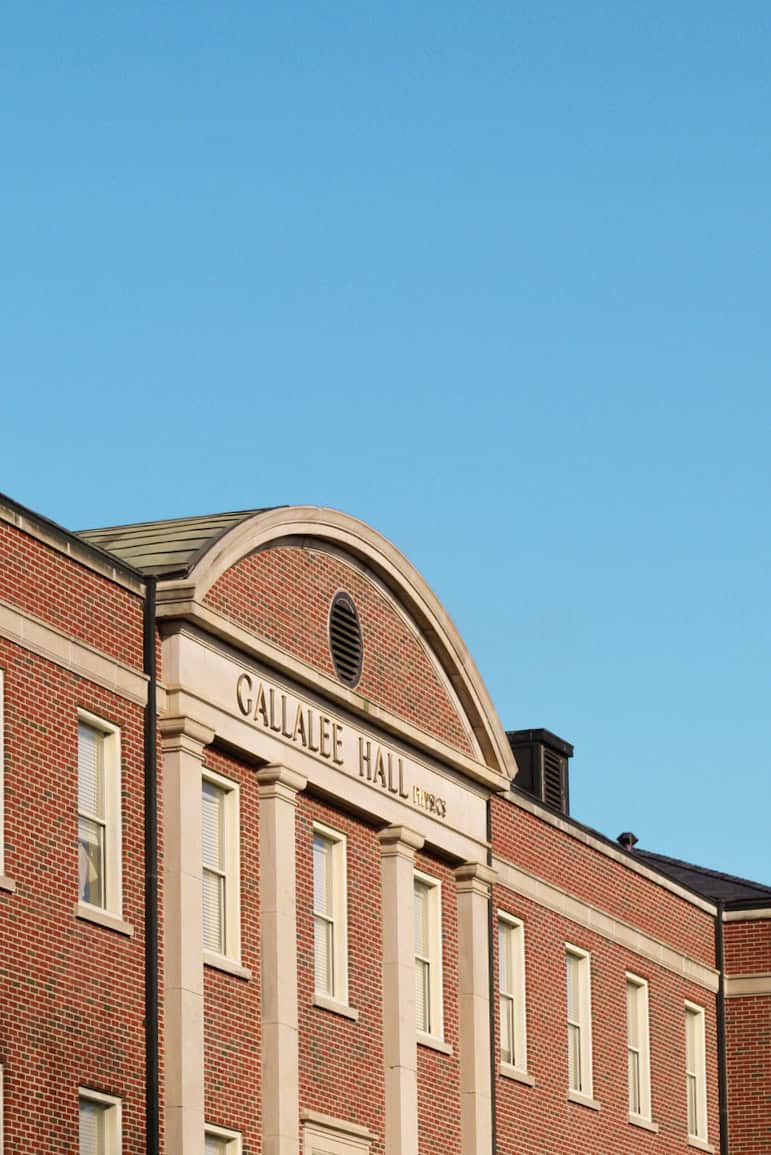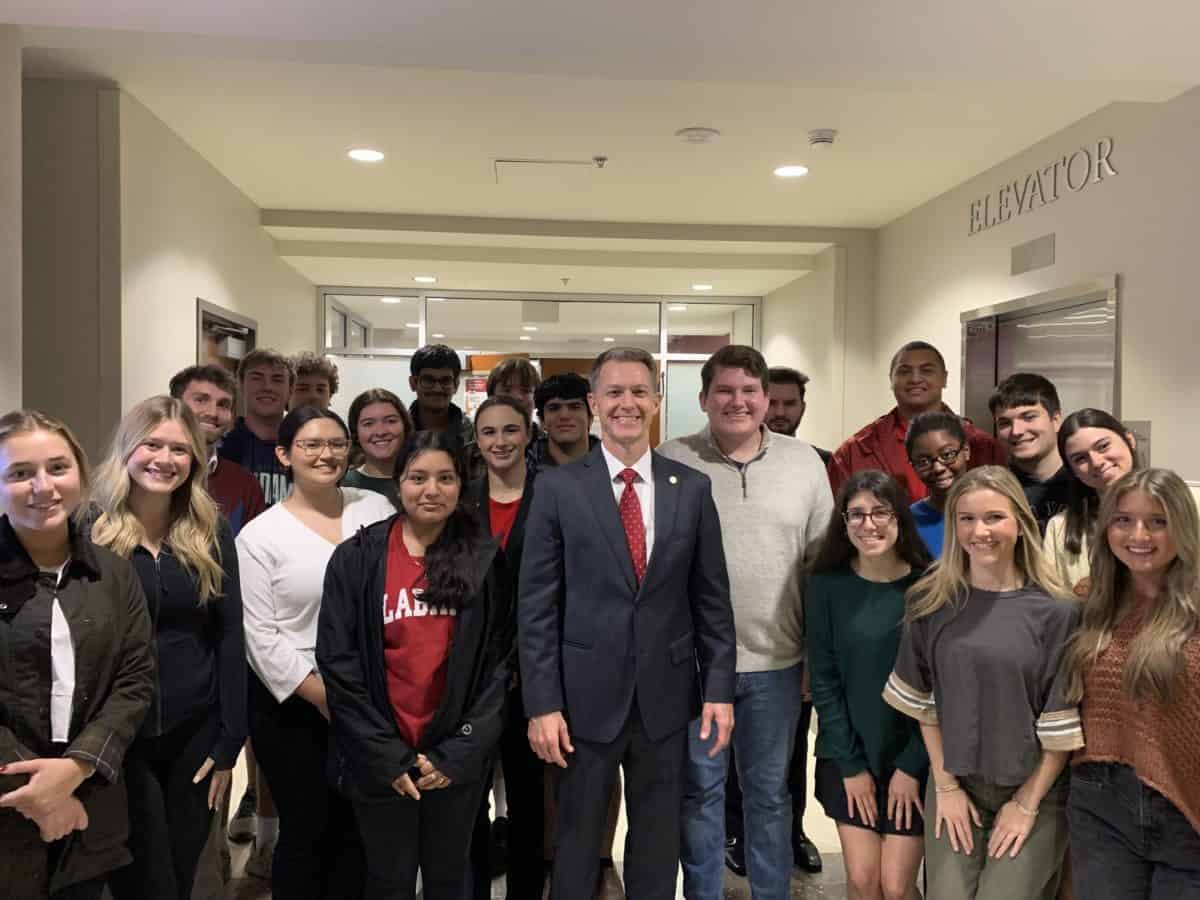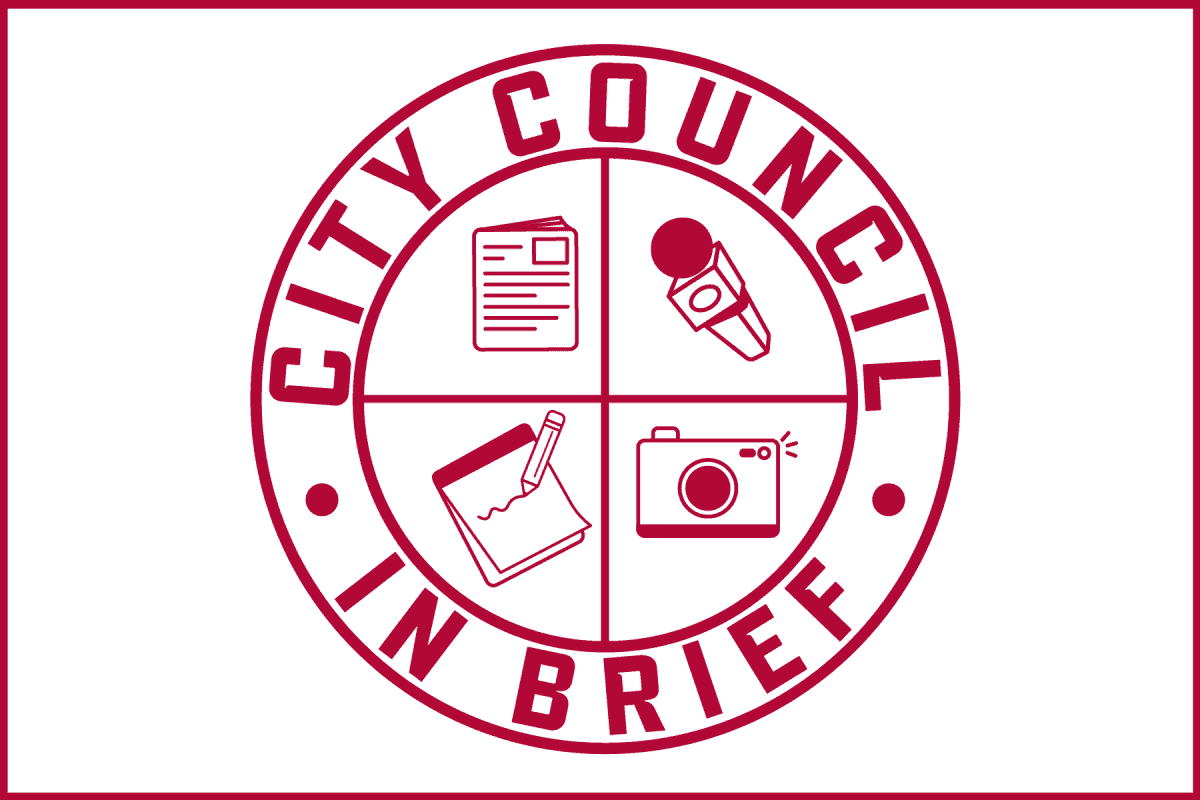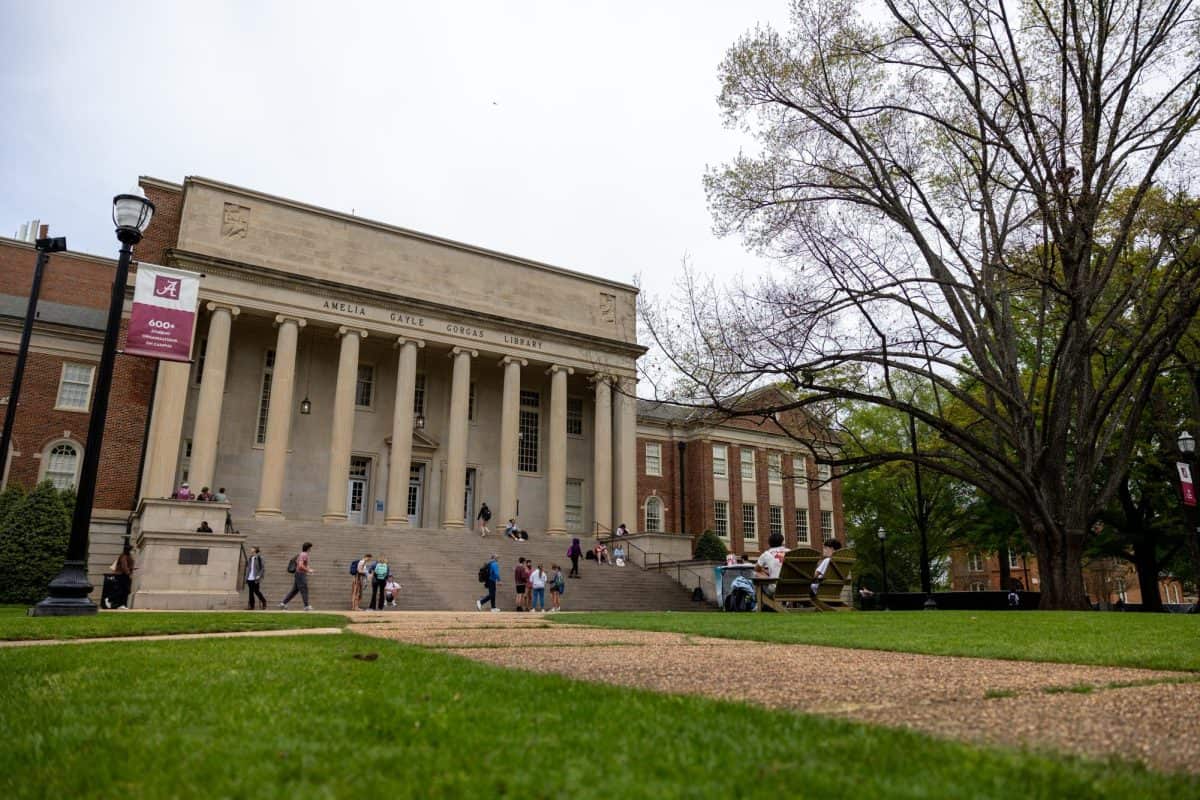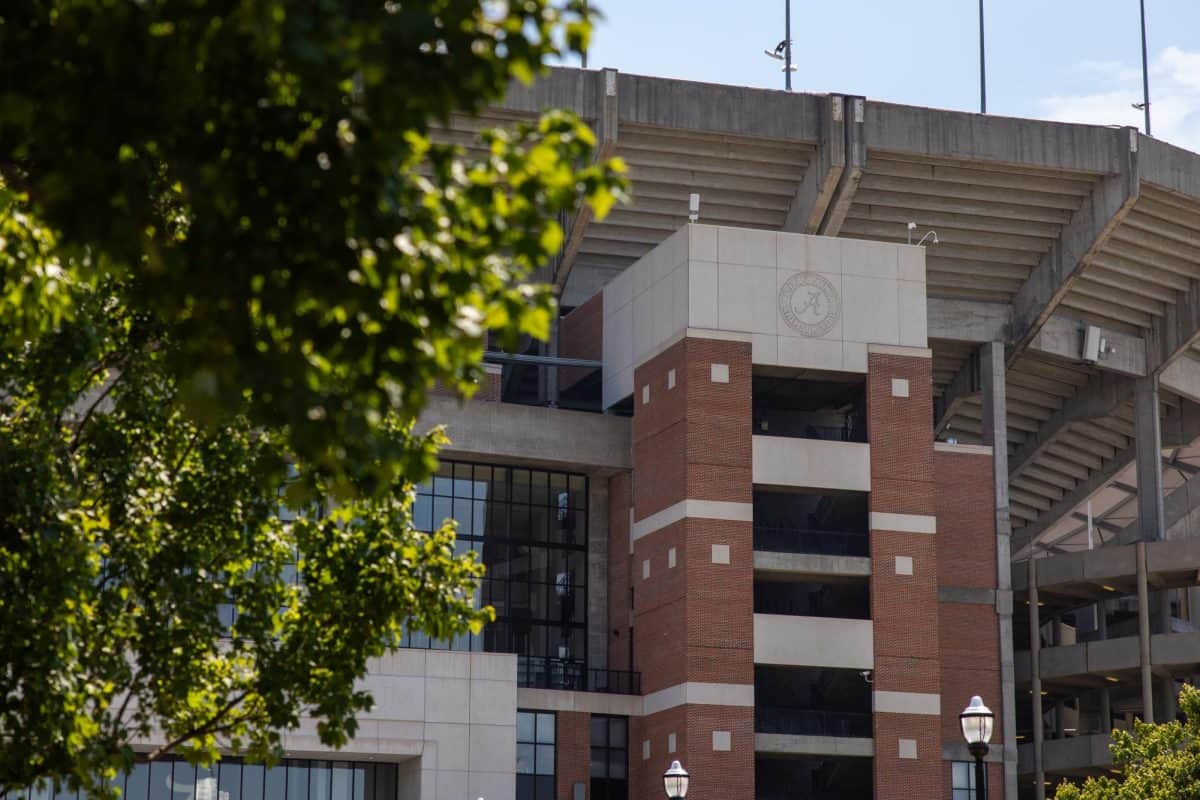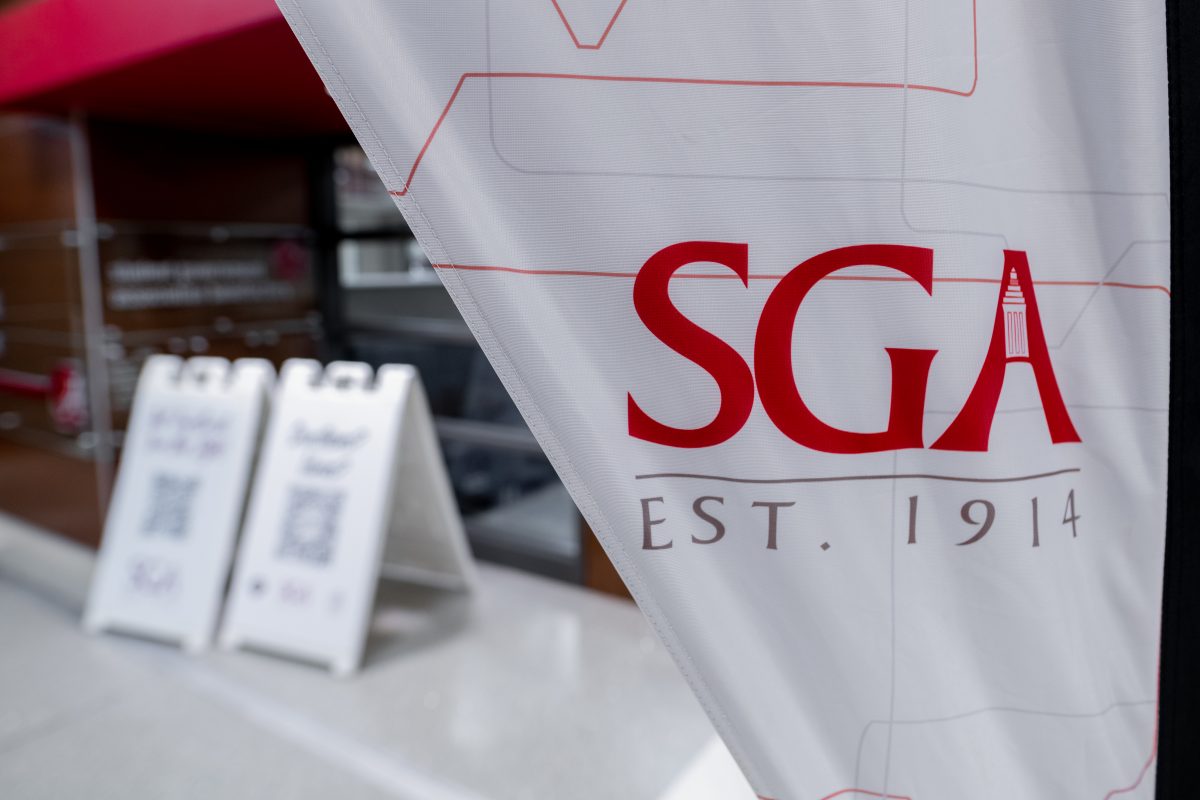U.S. Secretary of Energy Stephen Chu announced that 24 universities will receive funding for their Industrial Assessment Centers on Sept. 13. The University of Alabama will receive about $1.5 million of the $30 million grant. This will allow the University’s Industrial Assessment Center to continue operations for another five years.
The University’s IAC was started in 2006 by three professors from the College of Engineering: Robert Taylor, Gary Moynihan, and Keith Woodbury.
“A little over five years ago when I heard about the opportunity, I wanted to get involved,” said Woodbury, who is now the director of the program. “I’m very interested in energy issues and the future of America. This is a start in setting a course and handling our energy issues.”
The Center for Advanced Energy Systems (CAES) at Rutgers University acts as field management for all IACs. CAES has technical oversight over the IACs. This means they read reports and provide critiques, as well as provide consistency.
“Essentially, in addition to outreach, the goal of IACs is to foster the education of energy engineers,” said Don Kasten, the manager of technical operations at CAES.
Phil Johnston, a senior majoring in mechanical engineering, has been with IAC since January 2010.
“As a student, you’re part of assessments at plants,” Johnston said. “You go with a team to visit the plant for a day, and you conduct an energy assessment. You look at lighting, boilers, air conditioners, etc. We look for ways to save energy. We then give a report within 60 days.”
Nine months to a year later, IACs check back with the companies they’ve evaluated to see what’s been implemented and what hasn’t. All of this data, going back about 25 years, is collected in a CAES database.
“We have two functions,” Woodbury adds. “Primarily, we work with small to midsize industries in the state to help them with energy efficiencies. But the other main thing we do is provide on the job training. You can’t get it in a classroom.”
Johnston said he agrees that IAC has helped him tremendously in terms of preparation to go into this specific field.
“I’m very interested and passionate about it,” Johnston said. “I graduate in December, so I’ve begun looking for a job, and I’m already seeing the benefits. Employers see it on a resume and are more interested in you.”
When asked about his most memorable moment with IAC, Johnston started to laugh.
“I remember one plant we went to where they turned raw catfish into the actual filets,” he said. “It was bizarre, but definitely memorable.”
Woodbury explained that the vast majority of the grant money will go toward stipends for the students, tuition for graduation students and compensation for professors. However, there is also money designated for travel and supplies, such as the handheld equipment used to measure temperatures or flow rates.
For more information about IAC or to apply to join the group, contact Keith Woodbury, or visit the website at iac.ua.edu/.



